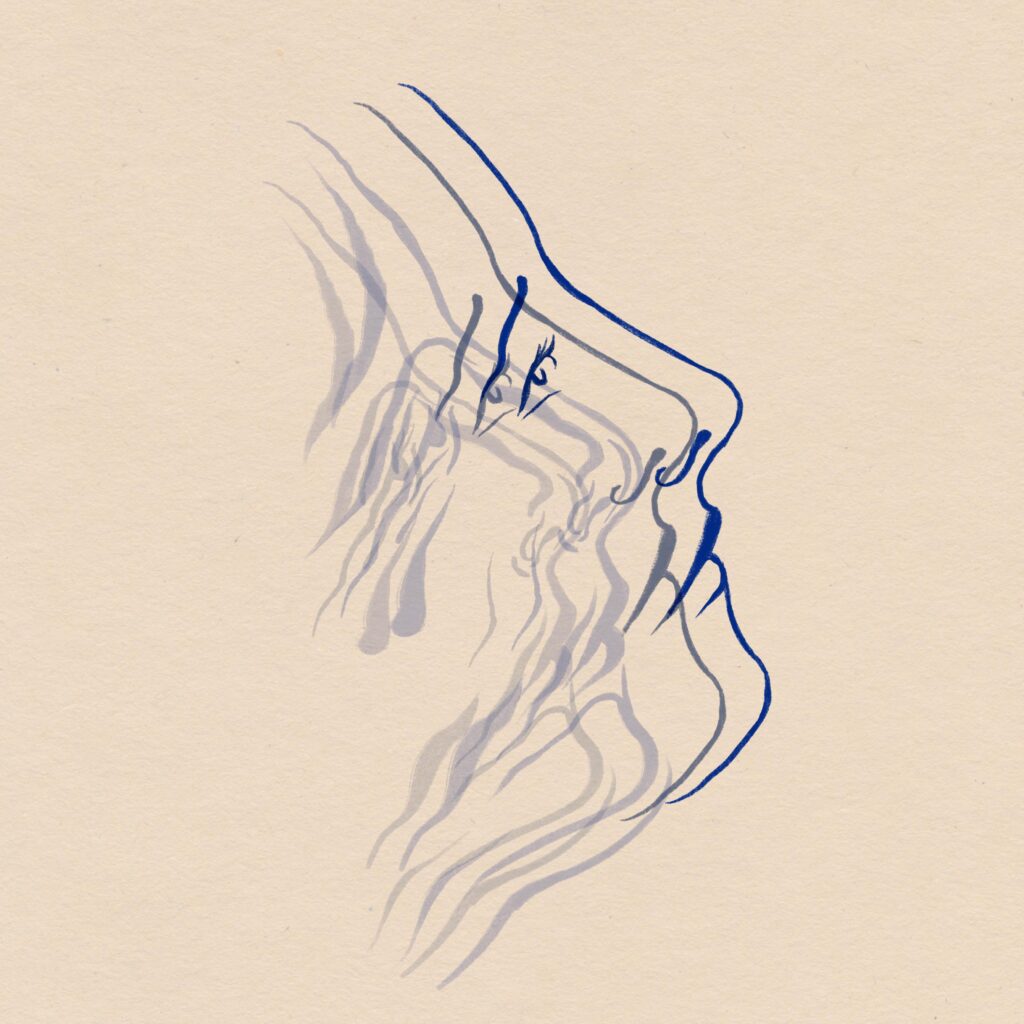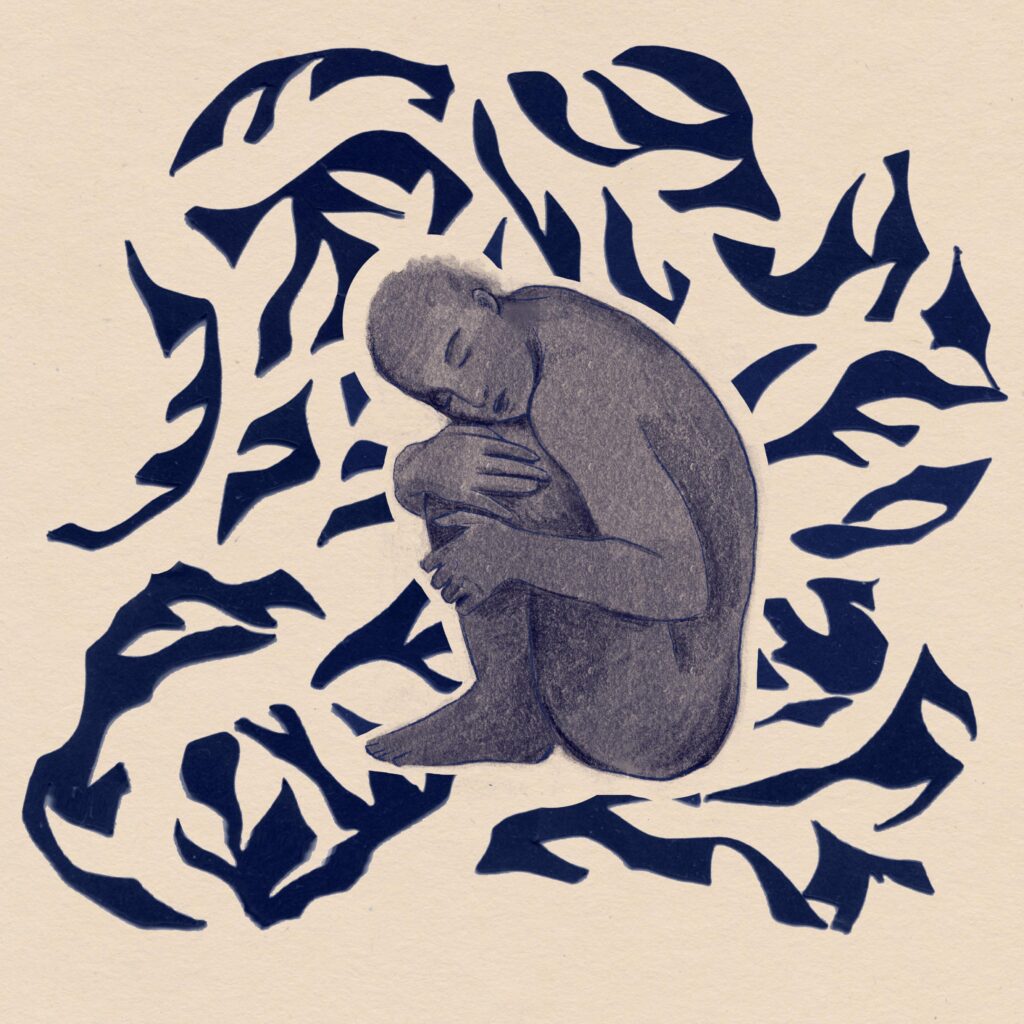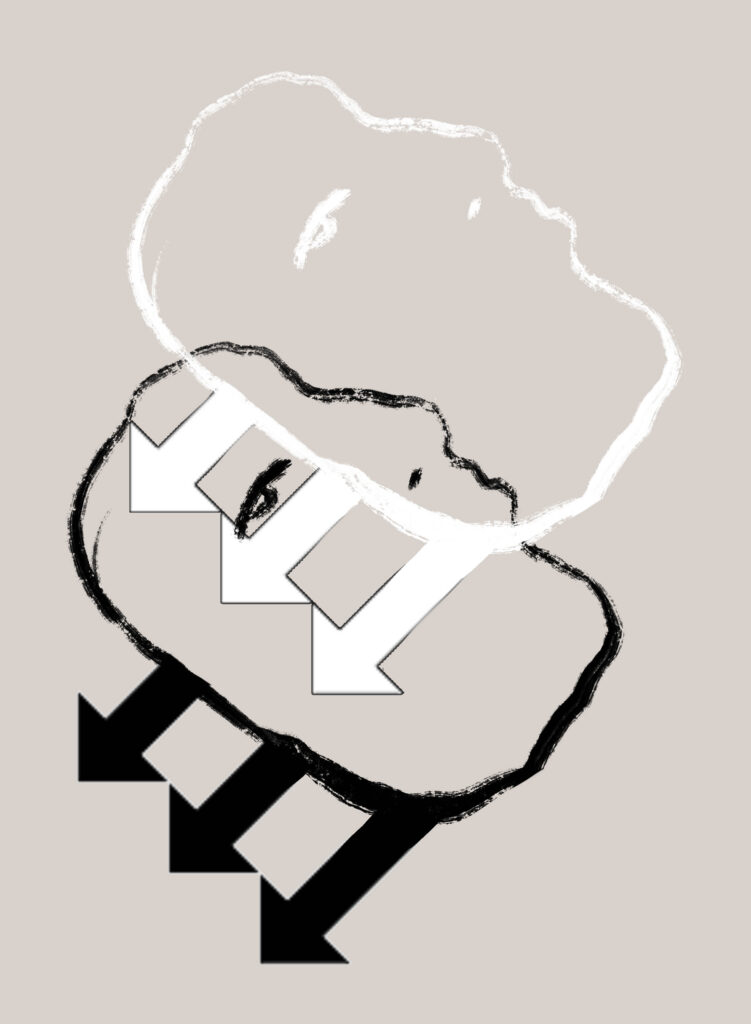Articles
Franz Kafka and Antisemitism
The historical context of Der Prozess
At the end of the 19th Century and beginning of the 20th, a powerful wave of antisemitism ran throughout Europe, from Tzarist Russia to Republican France. Traditional religious anti-judaism combined here with new, more ‘modern’ manifestations, based on racial, ‘social’ or nationalist arguments. It took different forms: pogroms, mob riots, antisemitic discourses and publications, legal exclusion form territories or professions, antisemitic trials. It did not spare the Austro-Hungarian Empire and its Czech province, where antisemitism was to be found both among the Czech majority and the German-speaking minority. How did Franz Kafka, a Czech Jew of German culture, react to antisemitism?
The French Debate on Zur Judenfrage
From an Anachronistic Trial to the Crisis of Secularism
While arguments about the ‘antisemitic’ character of Marx have been well rehearsed in the English-speaking world,[1][2]this debate has been particularly lively and revived in the French context since the Six-Day War and well into the Twenty-first Century. On each occasion, intellectuals dispute the correct interpretation of Marx’s 1844 article published in response to the theses of Bruno Bauer, hence the often-misreported title: Zur Judenfrage (On the Jewish Question).[3]Among Jewish intellectuals, who are at the forefront of this debate, the relation to Marxism in toto is coupled with their specific positioning towards the State of Israel and Jewish identity.
From Erasure to Restoration: Antisemitism and the visual reverberations of a revolutionary pedagogy
“All I am saying is that before the Code Noir and King Leopold’s chicotte roused the outrage of the abolitionists and future antiimperialists, the bodies and souls of their victims must have registered, quite viscerally, the radical transgression of their idea of the human. All I am saying is that the slaves’ revulsion and recorded histories of revolt, from the slave ship and the middle passage to the plantation and Saint-Domingue in 1791, did not, pace Hegel’s preposterous claim, originate in the circumstance that ‘they have come in contact with European views about freedom’” (Ato Sekyi-Out, 2019, 31).
Global Palestine Solidarity and the Jewish Question
The question of antisemitism continues to trouble and disrupt pro-Palestinian activism. Today, the International Holocaust Remembrance Association’s definition of antisemitism, agreed in 2016 along with a list of examples of antisemitism that tie it to critique of Israel, is routinely used by Israel’s proponents as a tool to silence, shame, and outlaw protest and debate. As of October 2023, the definition has been adopted by 43 countries. The roots of this linking of antisemitism and anti-Zionism can be traced back to the 1960s and 1970s, when much of the left globally adopted Palestine as a cause worthy of support. This article analyses the early debate about antisemitism, Israel and the ‘Jewish Question’ in Palestine Solidarity movements and among Palestinian groups. It shows that activists were aware of the need to address the issue sensitively, but at the same time found it essential to formulate a critique of Zionism being part of capitalist, racist and imperialist practices. By reading into early solidarity publications and drawing on memoirs and interviews with former militants, the article first outlines how the connection between the global New Left and Palestine was established.[1] The article focuses on Denmark’s Palestine Committee (founded in 1970) and smaller leftist groups and publications associated with it. On the Palestinian side, it draws on sources from al-Fateh, the Popular Front for the Liberation of Palestine (PFLP), the Democratic Front for the Liberation of Palestine (DFLP), and the Palestine Liberation Organization (PLO) and the material they distributed globally. The aim is to understand the exchange of views between Palestinians and solidarity activists, and to compare the Left’s readings of the Jewish Question and the Question of Palestine. The article shows how a historical materialist understanding of Zionism became widely established through meetings, exchanges, and texts. The final part of the article traces the development of the debates in the latter part of the 1970s and illustrates how the solidarity offensive triggered a pro-Zionist backlash which, over time, set the tone for the accusations of antisemitism today.
Containing Muslims
Europe’s lower-strata working-class Muslims and the weaponisation of anti-Semitism and Islamophobia
With the elevation of Islamophobia to an alarming degree in Europe and beyond, and the pressing problems of Muslim immigrants and second- and subsequent-generation descendants of immigrants coming to occupy a central subject of debate, critical scholars of racism have drawn politically-relevant parallelisms between the historical ‘Jewish question’ and today’s ‘Muslim question’. On the one hand, some Marxists rose to the challenge of rereading Marx’s 1843 polemic Zur Judenfrage in the contemporary context, while drawing strategic implications for the pressing issues of today’s political and social crisis around Muslims.[1] On the other hand, such parallelisms entailed emphases on the similarities, or enabled comparisons, between antisemitism, as the discursive background of the Jewish question, and Islamophobia, as that of the Muslim question.[2] Other parallels were drawn between the successive shifts of the racialised populations, from the Eastern European Jews to the Muslims, who immigrated to countries such as France, formed the lower strata of the working class, and became subject to derogatory labels such as the métèque.[3] Scholars working in both Marxist and progressive traditions formulated, in different ways, the idea that modern nation-state, with its rigorous secularist and universalist claims (particularly in the French case), is generating the mechanisms for the discrimination and misrecognition of its ethnic or religious minorities. These minorities are increasingly racialised and gendered, as in the case of Muslim women’s veiling practices, vis-à-vis a supposedly integrated, culturally harmonious, if not homogenous, majority.[4] Moreover, there are important and dangerous parallels between the Jewish question and the Muslim question in the form of a wide range of conspiracy theories that are embedded in the Islamophobic discourse – just as those that could be found in the antisemitic discourse.[5] Resonating some of the conspiratorial elements of the ‘redemptive antisemitism’ that laid the ideological basis of Nazism,[6] today’s Islamophobic discourse relies on such scaremongering theories as ‘Eurabia’ and ‘great replacement’, and it is obsessed with the ‘demographic change’ that is taking place in the heart of the Western civilisation.[7]
“For Israel and communism”?
Making sense of Germany’s Antideutsche
As the Israeli state’s dispossession of the Palestinian people becomes more difficult to obscure by the day, the Left in one country is conspicuous in its absence from the global solidarity movement with the oppressed between the Mediterranean Sea and the Jordan River. With some exceptions, the German Left largely avoids taking a stance on the conflict between the state of Israel and the Palestinian people. In some cases, it has even joined the national pro-Israel chorus, stretching all the way to the far-right Alternative for Germany (AfD) party. This attitude encompasses a diverse set of actors, from the leadership of Germany’s left reformist party, Die Linke (“The Left”), to squats such as the celebrated Rote Flora in Hamburg. This hostile attitude towards Palestinian liberation is often attributed to guilt for the Shoah and the corresponding semantic identification of Israel, Zionism, and Judaism in public discourse. A complementary explanation identifies the Antideutsche (the “anti-Germans”) as a factor in shaping the Left’s current approach to Israel. These started out as an ultra-left critique of Germany as a nation, following a wave of nationalist jingoism triggered by reunification. However, rather than criticising nationalism, today’s Antideutsche engage in an Ersatz nationalism around one particular state. Elements of this include flying the Israeli flag and wearing IDF shirts, hatred of Muslims as natural-born antisemites, not to mention a disturbing celebration of Israeli violence against Palestinians framed as “anti-fascism”.
Far-Right antisemitism and Heteronationalism
Building Jewish and Queer Resistance
Even after Donald Trump’s defeat in the 2020 US presidential election, the rise of the far right remains a defining feature of our time and a central challenge for the left. As analysts have pointed out, Trump’s losing vote total was the second-highest ever won by a US presidential candidate. Events since the election have confirmed his hold over the Republican Party and its transformation into a nationalist party of the far right. Even as Republicans continue to enjoy broad support from capital on such issues as tax cuts and social and environmental deregulation, multinational capital has lost the hegemonic influence over the Republican Party that it exercised over both major US parties from the 1980s through the first decade of the twenty-first century. [1]
Not Your Good Germans
Holocaust Memory, Anti-Fascism, and the anti-Zionism of the Jewish New Left
Mr. Hoffman: Your idea of justice is the only obscenity in the room. You schtunk. Schande vor de goyim, huh?
Why the Brazilian Jewish Left Is Not Anti-Zionist
The politics of the Zionist Left as Counter-revolutionary Gatekeepers in Brazil
Since June 2013, when a mass movement took to the streets of Brazil, the country has undergone significant political polarisation. This movement has had an impact on the way Brazilian society and the Jewish community have related to the Palestine/Israel issue. On the left, a growing number of social movements and political parties, such as PSOL[1], have committed to a stance of radical solidarity with Palestinians, adopting BDS as part of their platforms. On the right, Israel has come to play a central role in the political agendas of evangelical and neo-fascist groups that make up the base of the Jair Bolsonaro government, elected in 2018.
The Anti-Nazi League, ‘Another White Organisation’?
British Black Radicals against Racial Fascism
This article explores how Britain’s Black Power movement challenged the political outlook of the anti-fascist left in the 1960s-70s. While the established left interpreted the National Front (NF) as an aberrant threat to Britain’s social democracy, Black political groups foregrounded the systemic racial violence of the British state. By addressing intensifying racial oppression during a critical early phase in the transition to neoliberalism, they prefigured Stuart Hall’s analysis of ‘authoritarian populism’. The British Black Power movement especially criticised the high-profile Ant-Nazi League (ANL) for its singular focus on the NF, which was framed as a revived Hitlerite peril. For British Black radicals, the larger strategic problem was the populist racism, inflected by imperial nostalgia, which propelled Thatcher’s New Right to power. Instead of narrow Nazi analogies, they related the re-emergence of white nationalism to British social democracy’s racist treatment of Black immigrants, as well as its neo-colonial role abroad.
The Canadian ‘War of the Two Sugars’
Homegrown Sugar Beets and the Racial Stratification of Labour
This paper provides a history of more than a century of efforts to establish and maintain a homegrown Canadian sugar supply – a twentieth century version of what Eric Williams called the ‘war of the two sugars,’ or the global competition between sugar beet and cane. To resolve beet sugar’s so-called ‘labour problem,’ the industry has collaborated with the Canadian state to produce new classes of temporary workers, mobilizing incarcerated Japanese Canadians, migrant indigenous families, and Mexican and Caribbean workers employed through the Seasonal Agricultural Worker Program. At the same time, the sugar industry has sought to refine itself of the racialised workers upon whom it relies by promoting the figure of the white Canadian worker. The Canadian ‘war of the two sugars’ has been fought through the stratification of the labour force along the lines of citizenship, resulting in the production of unique racial forms.












